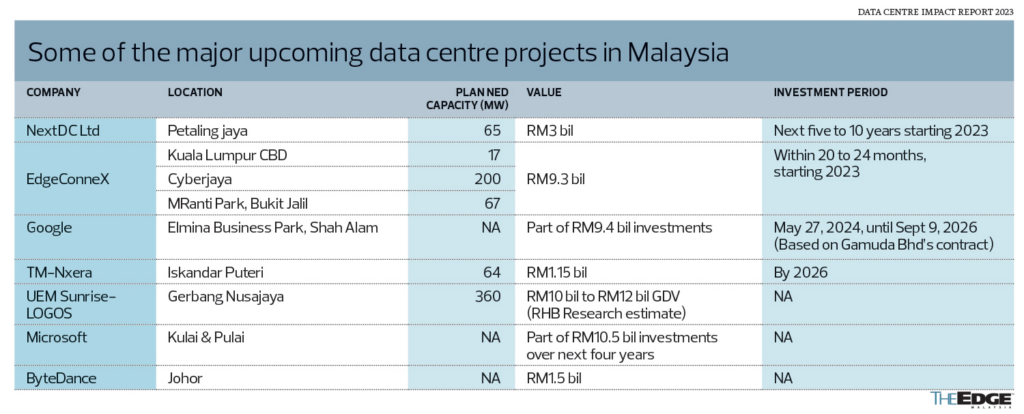Ai pioneer Sam altman’s firm in four-party tech tie-up in Malaysia
Malaysia’s digital economy is expected to be strengthened with a four-party tie-up that includes a company started by artificial intelligence (AI) pioneer Sam Altman.
The four are MYEG Services Bhd, a provider of digital government services in Malaysia; Mimos Bhd, the national applied research and development (R&D) centre; the Worldcoin Foundation; as well as Tools for Humanity (TFH), a technology company co-founded in 2019 by Altman, Alex Blania and Max Novendstern.
TFH has a stated commitment to equitable economic systems and social inclusiveness, while the Worldcoin Foundation’s vision is to realise more inclusive and just institutions of governance and of the global digital economy.
MYEG said this strategic alliance is expected to revolutionise Malaysia’s blockchain infrastructure and digital ecosystem by fast-tracking the adoption of blockchain technology on a national scale following the signing of a memorandum of understanding in October 2022 between MYEG and Mimos.
“The partnership synergises Mimos’ prowess in research and development of information and communications technology (ICT) with MYEG’S advanced Zetrix blockchain platform, heralding a new era of digital transaction and service delivery.
“Through this joint effort, the blockchain infrastructure is anticipated to evolve with state-of-theart credential verification technology.
“This move stands to democratise the digital economy by infusing Mimos’ R&D ingenuity and the Worldcoin Foundation’s extensive blockchain acumen into Malaysia’s socioeconomic fabric,” it said yesterday.
According to MYEG, TFH will help ensure a more just economic system and will bring its wealth of experience in developing digital solutions for marginalised populations.
“It will work closely with Mimos and the Worldcoin Foundation to create innovative tools and platforms that address critical societal issues such as education, healthcare, and environmental sustainability,” it added.
MYEG also said it will work to incorporate the solutions developed by Mimos, Worldcoin, and TFH into existing government service delivery systems to ensure that citizens can access these services conveniently and securely.
“This collaboration is set to significantly impact Malaysia’s digital economy. It will enhance the security and efficiency of digital transactions, building trust in online platforms and motivating businesses to embrace digital transformation.
“This, in turn, will drive innovation, create jobs, and fuel economic growth.
“Furthermore, the collaboration will support the development of a skilled workforce in digital technology. Through training programmes and educational initiatives, the partners in this alliance will equip Malaysians with the knowledge and skills needed to thrive in the digital age,” it added.
Source: The Star
Digital economy to get a boost
Content Type:
Duration:



